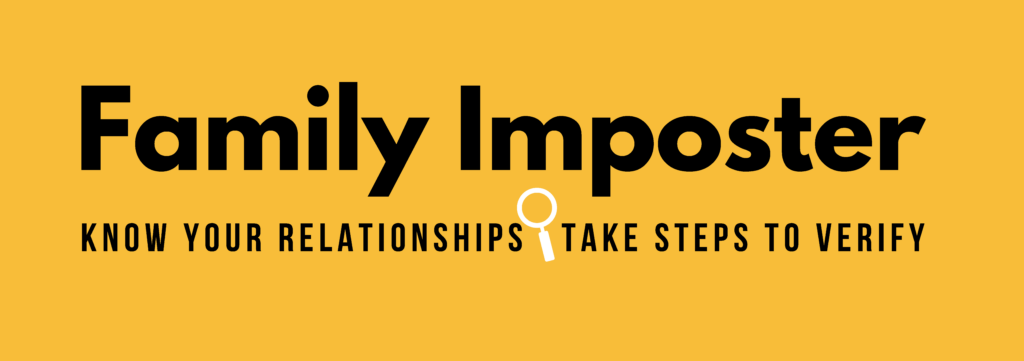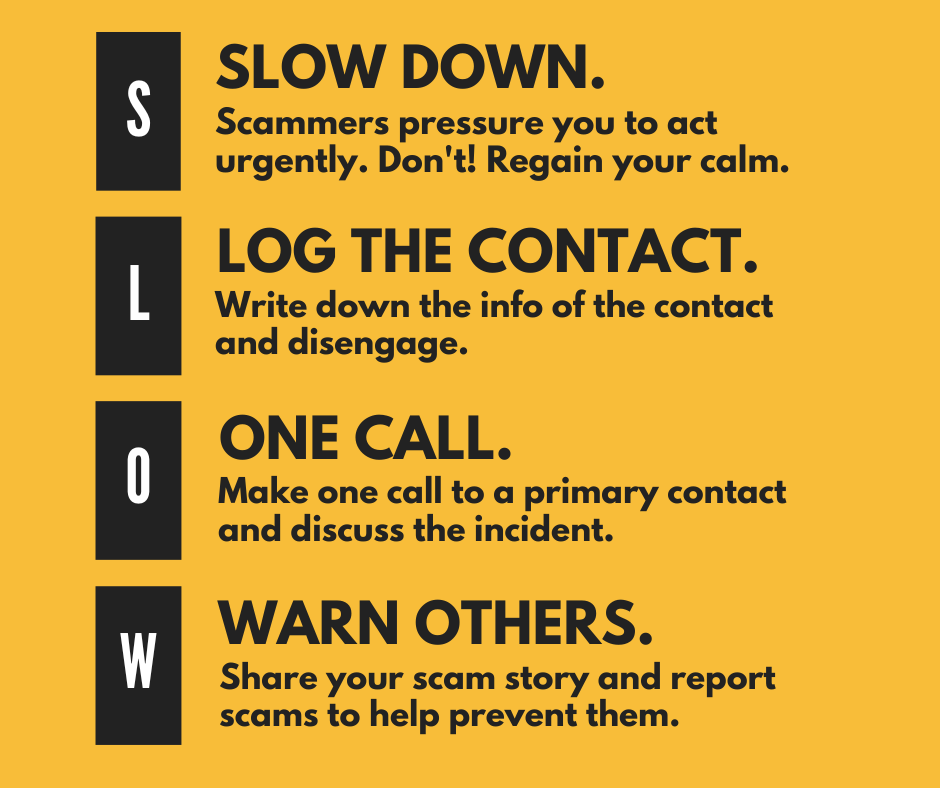By Crystal Baldwin

“I need help…”
“I’m in prison…”
“I’m in the hospital. I need help…”
“I had a bad car accident, and people are injured…”
No matter what the scammers say when they initiate the family imposter/ emergency scam, it is sure to spike emotion. Scammers call, claiming to be one of your most cherished loved ones—your grandchild—and ignite fear that those you care about are in dire need. With emotions running high, how can you not engage with the call, stay on the line, and find out more? You are worried and feel helpless because all you have to validate this story is the phone in your hand and the fear of what if.
What if you do nothing and your grandchild really is in trouble?
I considered these very questions when writing the script for the newly released Avoiding the Family Emergency Scam videos. I recalled the stories of actual Vermont families receiving such alarming calls in the middle of the night with nothing to go on but the urgency of the call, the deep love for their family member, and the desire to resolve the issue at hand. As our volunteer actress, Ruth Wallman, relays as the unsuspecting grandparent in the video, “What was I supposed to do? He needed my help!…I like to be there for my family. But, this just went too far.”

In creating this video series, I hoped to help Vermont families find a way to still be there for their families when emergencies arise by arming them with useful verification strategies to decipher between a scam and an actual family crisis. Verification of the family imposter scam starts with the SLOW method, a scam response strategy I created specifically to pause and identify scams. It urges people to Slow Down, Log the Contact, make One Call to a primary contact to discuss the incident. Warn others by sharing your scam story and report scams to help prevent them. The Consumer Assistance Program (CAP) at 1-800-649-2424 is your local Vermont resource for scam prevention.
Engaging with others is a crucial verification step, because scammers often demand secrecy in family emergency scams and make would-be valid claims that they would be too embarrassed or ashamed, or afraid of ensuing punishment if other family members were made aware of the damning incident.
Family support and open, frequent communication among families is essential to putting an end to the family imposter/emergency scam. If questions remain, family cannot be reached or communications are limited, contacting a third-party organization, like CAP is the next best step. CAP is familiar with scams and can help to identify them. By contacting CAP, you can also make a scam report, which helps our office identify and alert the public about scam trends.
Help protect yourself and others by taking time to watch the video. Review the information on our website, and encourage those you care about to learn more about scams and prevention strategies to stop them.
Learn more at https://ago.vermont.gov/cap/scam-prevention-through-awareness-and-education/family-imposter-scams
Read more blogs about family imposter scams.
Report Scams:
If you or someone you know has encountered a scam in Vermont, report it. Use CAP’s online scam reporting form.
Help us stop these scams by sharing this information with those you care about.
